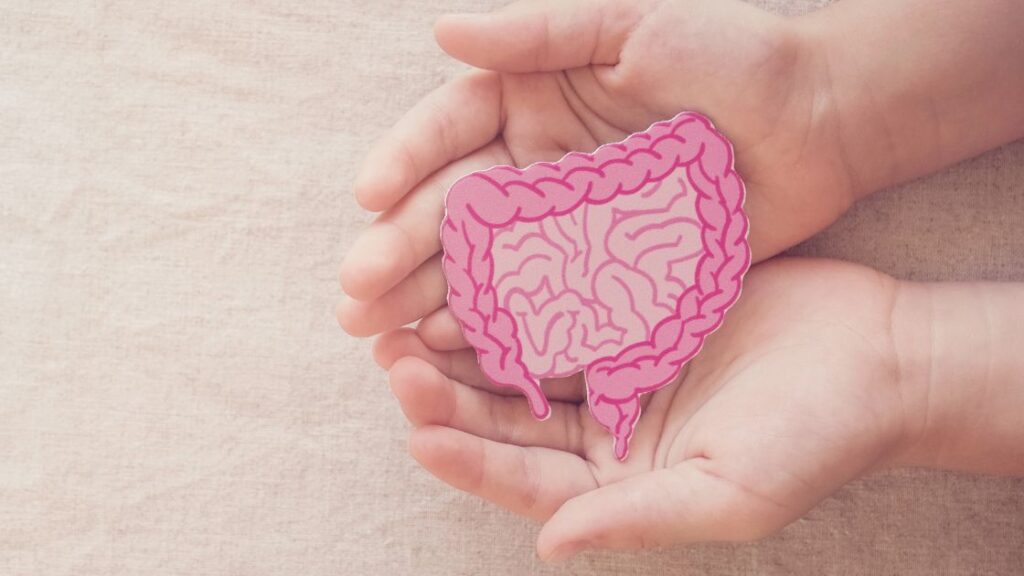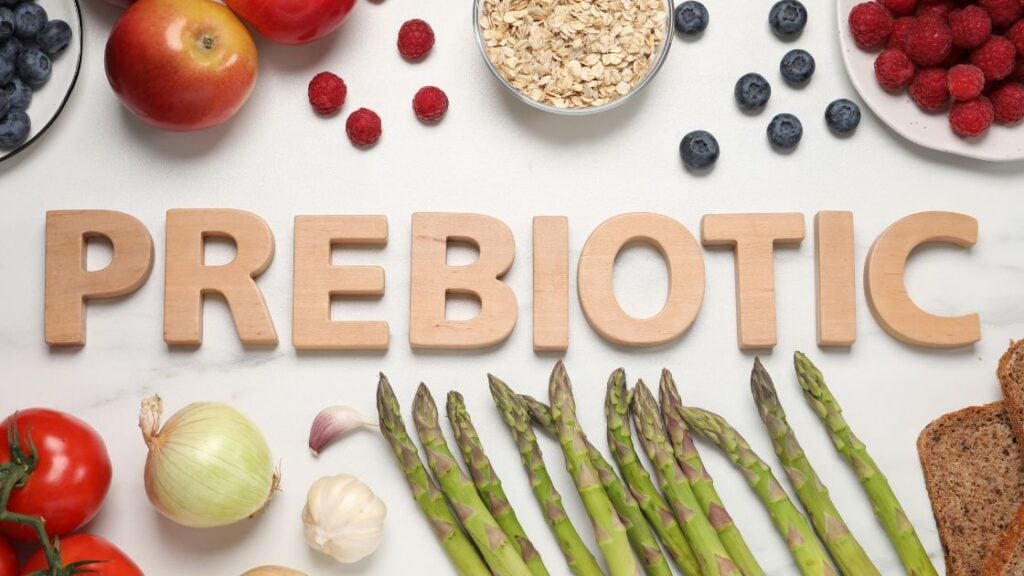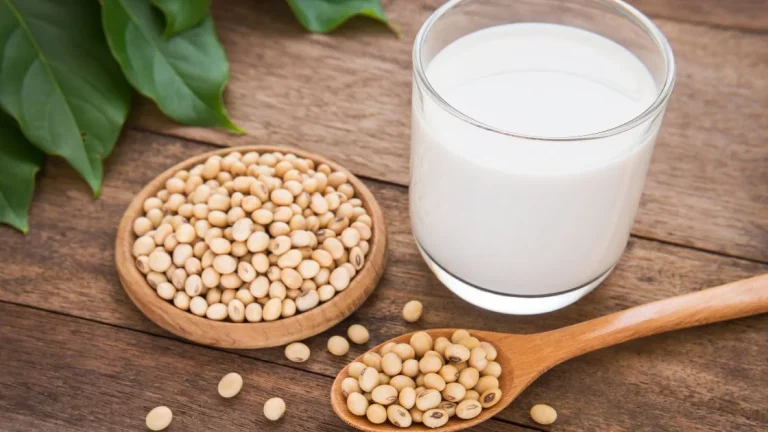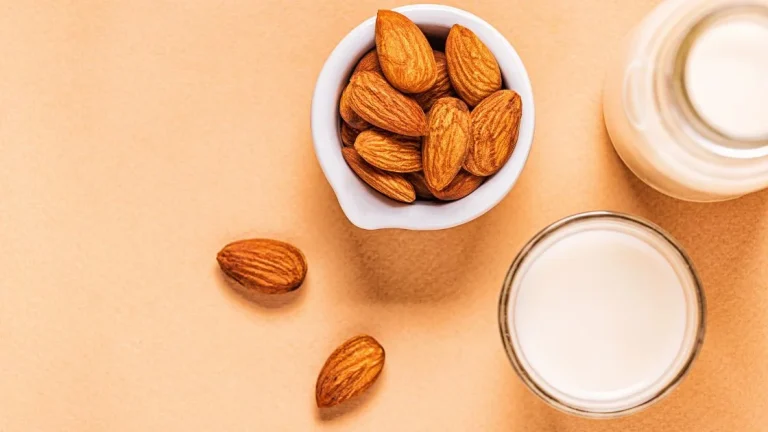Are you looking for simple hacks to improve gut health? Most likely, your answer is a resounding yes. And it is that to be healthy in general, we need a healthy stomach. In this blog, you will learn tips on healthy nutrition and lifestyle.
You will learn about how to maintain a healthy gut microbiome. Continue reading to find out what the experts say on the subject.
Top 6 simple hacks to improve gut health
Our intestine plays an important role in our general well-being. From our mental health and the functioning of the immune system to the reduction of the possibility of developing diseases. Inflammatory bowel disease and colon cancer are the most severe in this regard.

That is why it is important to know how to take care of our intestinal health. It depends on reducing the chances of suffering from these terrible diseases. So knowing which are the ideal foods to maintain a healthy intestinal flora is essential. Keep reading and learn about the main 6 simple hacks to improve gut health.
Increase your probiotic and prebiotic consumption
A healthy gut microbiota consists of a variety of gut bacteria. These create a broad spectrum of anti-inflammatory byproducts called short-chain fatty acids.
These nourish the intestine and stomach lining. In addition, they protect us against the occurrence of gastrointestinal problems and limit the breakdown of proteins inside. If proteins break down within the intestine, dangerous byproducts can be generated.

According to experts, making sure to take enough probiotics and prebiotics is one method to promote healthy gut microbiota. Prebiotics nourish the living bacteria in the gut. Probiotics are good bacteria that reside in the gut and help promote healthy microbiota. Both help protects the gut from pathogens.
Some foods rich in prebiotics include:
- Garlic
- Onion
- Green plantains
- Legumes
- Almonds
- Oats
- Artichokes
- Leeks
- Asparagus
- Beans
- Chickpeas
And some probiotic-rich foods include:
- Yogurt
- Kimchi
- Kefir
- Sauerkraut
- Miso
- Kombucha
Consume a wide range of plant-based foods
To have a healthy gut, it is recommended to eat a variety of plant foods every day. Vegetables give our good gut bacteria the nourishment they need to grow, diversify, and multiply. These foods include fruits, vegetables, legumes, whole grains, nuts, seeds, herbs, and spices.
Eat a lot of fiber
Each type of fiber has a different impact on the stomach, according to studies. For this reason, we must consume foods from a wide range of categories. In this way, we can guarantee the consumption of the vast majority of types of fiber.
Thus, we will obtain a balance of fibers with both gel-forming and bulking minimally fermentable properties. If we adopt this recommendation, we can easily break down intestinal bacteria.

Foods such as whole grains, specific fruits, and vegetables should be included in the diet. Also peas, beets, asparagus, butternut squash, potatoes, and legumes.
According to studies, consuming 40 to 50 grams of fiber per day for two weeks can change people’s gut microbiota. But today, most adults only get 20 to 25 grams of fiber a day.
Control your protein intake
Protein is necessary for the development of many fundamental processes within our body. But consuming too much protein can harm gut health.
Excessive consumption of protein could accelerate the development of harmful compounds in the stomach. The most harmful proteins are especially those from animals such as red meat and protein supplements.
Be active
Exercise has already been shown to improve physical health, but it can also have a favorable influence on gut health. Although more studies are needed, studies so far have linked exercise to gut health. Training is believed to change the composition and functionality of the gut microbiota independently of food.

Take your time to eat
Eat slowly and well, advise gastroenterologists and nutrition experts. If you don’t, your body won’t be able to digest your food as well. Furthermore, it can also result in unnecessary swelling. If we eat slowly, we can help our body to properly complete good digestion and absorb the nutrients from food.
What are the digestive symptoms that prompt someone to seek help?
The most frequent complaints are typically bloating, stomach pain, diarrhea, and constipation. Patients frequently have all structural disorders such as celiac disease, IBD, and colon cancer ruled out.
After this, they seek out a dietician because they are unsure about their next course of action. Then, the dietician manages their functional bowel disease symptoms are managed. Patients also seek treatment because they have a general ill feeling that is unrelated to any particular diet.
They feel uncomfortable after eating, but they are unable to pinpoint which specific food or drink is to blame.
How do dietary choices and way of life affect gut health
Contrary to our genetic makeup, which is beyond our control, we have complete control over how we manage our gut flora. In that instance, it has been demonstrated that gut microbiota is influenced by some factors, including nutrition, sleep, and stress.
To restore gut health, diet and lifestyle should be addressed together. Generally speaking, the advice provided below can be helpful:
- Make a diversity of foods the foundation of your diet. Include fiber-rich meals including fruit, vegetables, resistant starch, whole grains, and fermented items like plain yogurts without added sugar.
- Avoid eating processed meals that are high in sugar, such as sugary drinks and goods that contain refined sugar.
- Reduce your diet of red meat and sausage and up your intake of plant-based protein.
- Play the sport that your level of fitness permits you to, but get moving.
- Reduce the stress-causing factors you’ve identified if at all possible. Look to a professional for assistance if you lack the necessary skills.
Ready to apply simple hacks to improve gut health?
We have given you 6 simple hacks to improve gut health so there is no excuse to start taking care of yourself. You already know that the base is in the diet. You should be selective in the foods you eat but you should also consider exercising and getting away from stress.
Also, keep in mind that the primary indicators of a healthy gastrointestinal tract go beyond intestinal function. Having a strong immune system and an effective intestinal barrier are factors to consider.









